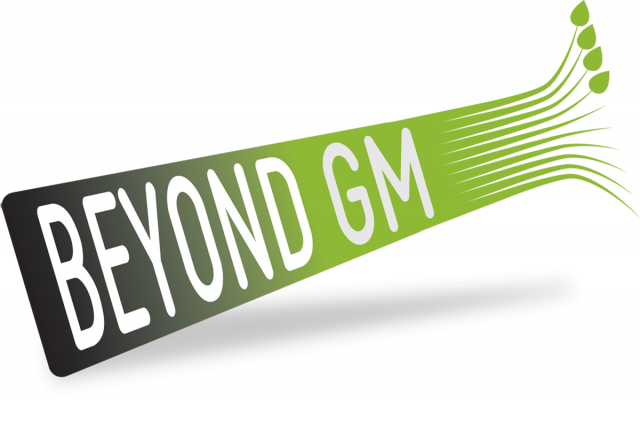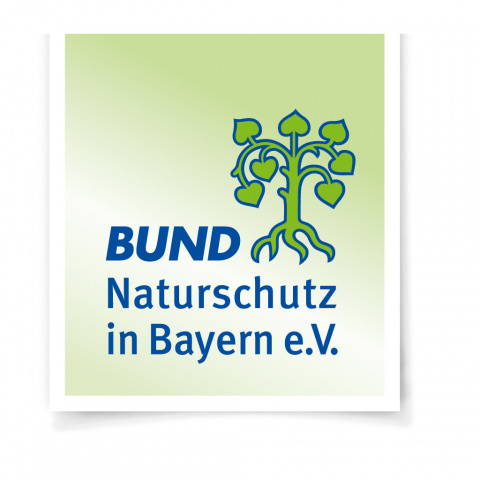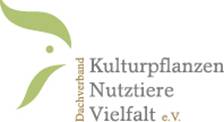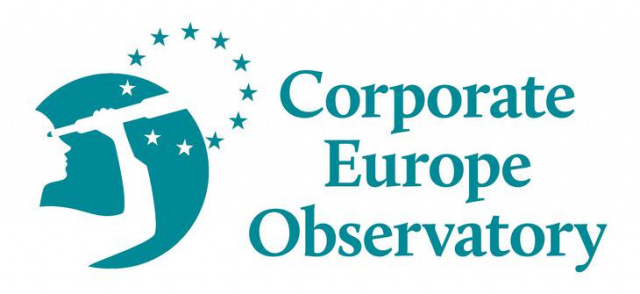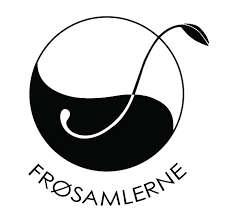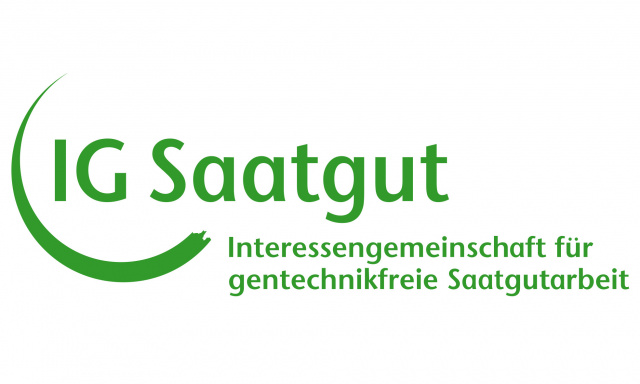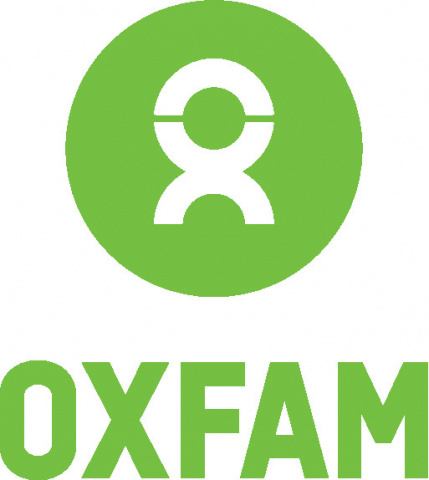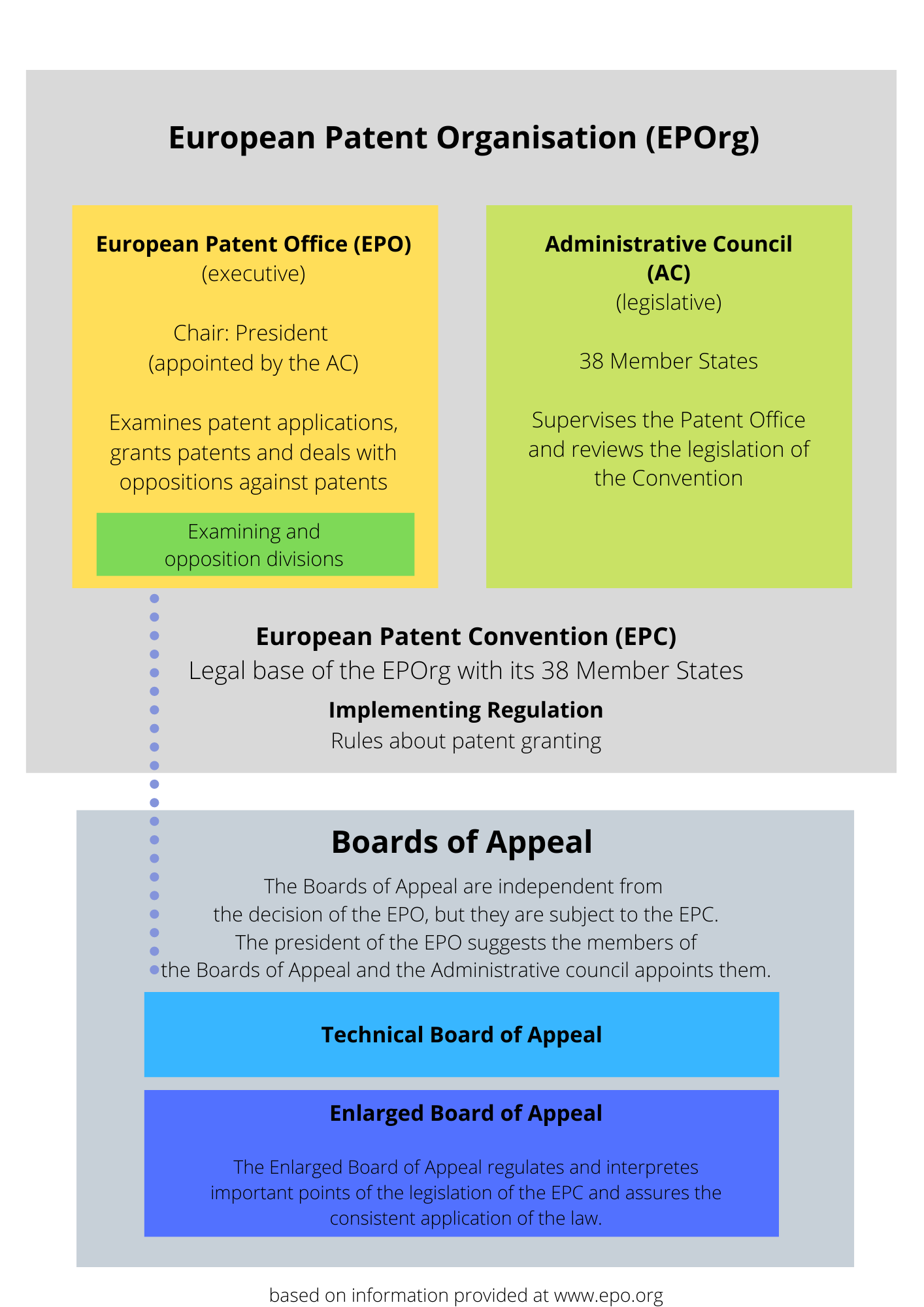
You can find current information in our publications and under News.
______________________________________________________________________________________________________
The European Patent Office (EPO) is part of the European Patent Organisation (EPOrg), which was set up as an intergovernmental organisation on the basis of the European Patent Convention (EPC), signed in 1973. In general, the interpretation of the EPC and the content of the Implementing Regulations is governed by the Administrative Council of the EPO which represents the Contracting States of the EPC. The European Patent Organisation currently has 38 Contracting States, comprising all the member states of the European Union together with Albania, Northern Macedonia, Iceland, Liechtenstein, Monaco, Norway, San Marino, Serbia, Switzerland, Turkey and the United Kingdom. The two main institutions within the European Patent Organisation (EPOorg) are the European Patent Office (EPO) and the Administrative Council. While the EPO examines and grants patents filed by the applicants, the Administrative Council, made up of representatives of the contracting states, is a supervisory body responsible for overseeing the work of the EPO. The Administrative Council nominates the president of the EPO and can decide on the interpretation of the EPC and its so-called Implementing Regulations. The EPOrg is not part of the European Union (EU), which means that EPO decisions are not under the jurisdiction of the European Court of Justice. Instead, the EPO has three levels of decision-making of its own on granting patents:
- The Examining / Opposition Divisions responsible for granting patents and oppositions in the first instance.
- The Technical Board of Appeal responsible for cases that are not decided in the first instance.
- The Enlarged Board of Appeal which is the highest legal decision making body at the EPO: the Enlarged Board of Appeal does not decide on the granting of particular patents, but is responsible for legal matters of relevance and for examination and granting of patents in general.
The two Boards of Appeal are supposedly, at least partially, independent of the EPO in their decisions. However, all members of the boards and divisions are employed or appointed by the European Patent Organisation, including some external members who are part of the Enlarged Board of Appeal. The Enlarged Board of Appeal cannot be addressed directly either as an opponent or appellant. The decision on whether a case can be referred and which questions should be forwarded to the Enlarged Board of Appeal is taken by EPO institutions such as the Technical Board of Appeal and the President. The structure of the EPOorg is not designed to foresee real independent legal supervision and is not controlled by international courts. This is a highly problematic situation for the overall functioning of the patent office. The EPO derives its budget from granting and examining patents. Its budget is mostly based on fees from patent holders (revenue from patent and procedural fees in 2016: 1.813 million € with steady increase over last years: 2017: 1.860 mio €; 2018: 1.935 mio €). Consequently, the patent office has its own vested interest in receiving applications and granting patents (Financial Statements Accounting Period 2016). Patent applicants - not society in general - are the real clients of the EPO. Industry and the EPO are both on the same side of the coin, with no independent judicial control. The Administrative Council acts to a limited extent as a legislative body for the EPO, with its statutes giving a degree of political control. The council is made up of the following members and observers who regularly takes part in the meetings:
- The contracting states of the EPOrg are represented by two delegates from each country. The representatives are mostly from the national patent offices or are legally qualified staff members of national authorities. They are bound to the mandates of their governments.
- Other participants in the meetings of the Administrative Council are the President of the EPO, auditors and several EPO staff members. There are some observers from intergovernmental organisations: the European Union (EU), the World Intellectual Property Organization (WIPO), the Office for Harmonization in the Internal Market (OHIM) and the Nordic Patent Institute (NPI).
- In addition, there are two non-governmental organisations at the meetings of the Administrative Council; they take part as observers and have vested interests of their own. These are BUSINESSEUROPE and the Institute of Professional Representatives at the European Patent Office (epi). BUSINESSEUROPE is an umbrella organisation for national business federations and industry in 35 countries. The Institute of Professional Representatives at the European Patent Office (epi) represents the European patent attorneys. There are thousands of registered European Patent Attorneys in Germany as well as in the UK (Previous research in 2014 shows around 4000 patent attorneys in Germany and 2000 in UK). Patent attorneys, law companies, legal experts and consultants are all earning money with patent applications, the granting of and opposition to patents and other legal services. This can be regarded as a highly profitable ‘patent industry’ of its own.
While the stakeholders participating at the Administrative Council meetings such as BUSINESSEUROPE or epi are heavily weighted in favour of vested interests in obtaining patents, other civil society organisations are not represented at all. At the same time, delegates from contracting states are mostly part of the ‘patent system’, so that effective political control and representation of the interests of the general public can hardly be expected. As a consequence, the European Patent Organisation has to be seen as a mechanism designed to push through patents to satisfy vested economic interests; there are no independent controls in place, nor any participation from broader public. Consequently, the EPO is driven largely by its own economic interests and its affiliated patent industry.
You can find current information in our publications and under News.

